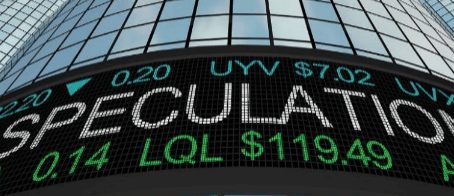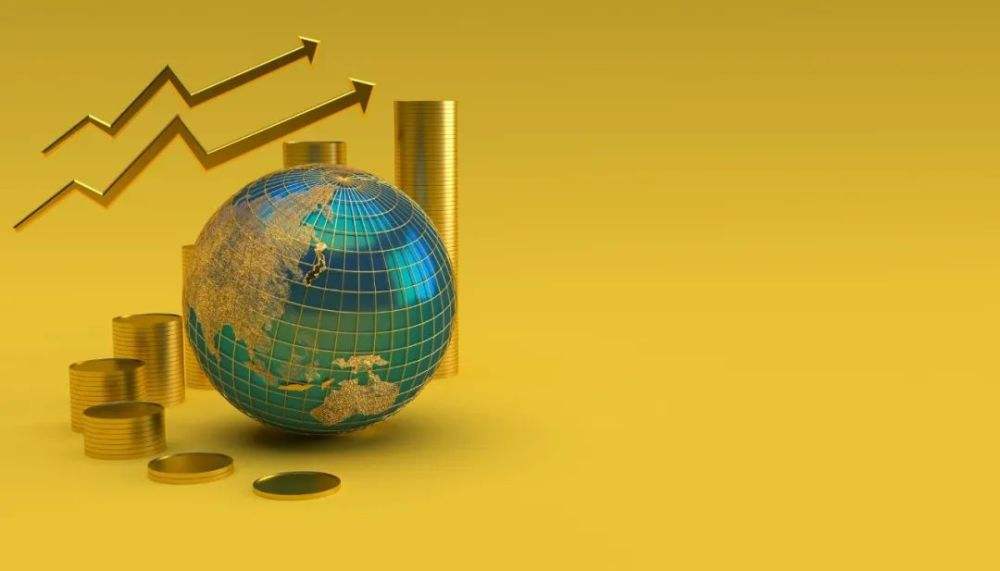Speculators are the main players in the futures market. A speculator can be any individual or company that accepts risk to make a profit. Speculators can profit by buying low and selling high. But for the futures market, it is also possible to sell first and then buy at a lower price later.
Obviously, this profit goal is easier said than done. However, there are different types of speculators who want to profit in the futures market. Speculators can be individual traders, proprietary trading firms, portfolio managers, hedge funds or market makers.

Individual Traders
For individuals trading their own funds, electronic trading improves access to price and trading information and makes the market fairer. The speed and ease of trade execution, combined with the application of modern risk management, allow individual traders to access markets and strategies previously only accessible to institutions.
Proprietary Trading Company
Proprietary trading firms (also known as prop shops) profit directly from the trading activity of their traders in the market. These companies provide traders with the education and capital they need to execute a large number of trades every day. By leveraging the capital resources of a proprietary dealer, traders can gain access to more capital than they would if they were trading on their own account. They could also have access to the same types of research and strategies used at larger institutions.
Portfolio or Investment Managers
Portfolio managers or investment managers invest in or hedge the assets of mutual funds, exchange-traded funds, or closed-end funds. Portfolio managers execute the fund's investment strategy and manage day-to-day transactions. The futures market is often used to increase or decrease the overall market exposure of a portfolio without destroying a portfolio that may have been built with effort.
Hedge Funds
Hedge funds are managed portfolio investments that utilize advanced investment strategies to maximize returns (whether absolute or relative to specific market benchmarks). The hedge fund name is more historical as the first hedge fund tried to hedge against the risk of a bear market by shorting the market. Nowadays hedge funds utilize hundreds of different strategies to maximize returns. The decentralized and highly liquid futures market provides hedge funds with the ability to execute large trades and increase or decrease market positions in their portfolios.

Market Makers
Market makers are trading firms that have contractually agreed to provide liquidity to the market, providing bids and offers on an ongoing basis, usually in exchange for lower transaction fees. Market makers are very important to the trading ecosystem because they help drive large trades without causing large price movements. Market makers often profit by taking advantage of the spread, the small difference between the bid and ask prices for large trades, or by trading the underlying futures market where they believe pricing provides an opportunity.

Summary
Speculators of all types bring liquidity to the market. Providing liquidity is a key function of the market, allowing individuals to easily enter or exit the market. Though speculative trading activity generates considerable liquidity, all market participants can benefit. Some buyers and sellers are interested in owning the asset of each contract compared to speculators who profit by taking market risk. These market participants, whose purpose is to offset or eliminate risk, are called hedgers.





